
An aerial view of the Hong Kong-Zhuhai-Macao Bridge. (Photo/HZMB AUTHORITY)
Hong Kong Chief Executive John Lee Ka-chiu said the government of the special administrative region will fully utilize its world-class professional services to contribute to the high-quality development of the country and actively integrate into the overall development of the motherland.
"Construction of the Guangdong-Hong Kong-Macao Greater Bay Area is an important development strategy of the country and also the best point for Hong Kong to further integrate into the country's overall development," said Lee, who added that Hong Kong would deepen cooperation with Guangdong and Macao in the years to come.
Lee made his remarks at the opening ceremony of the Guangdong-Hong Kong Cooperation Week, SmartHK, in Guangzhou, capital of Guangdong province, on Wednesday.
Under the "one country, two systems" policy, Hong Kong, backed by the mainland and facing the world, has its unique advantages to contribute to the development of the country, said Lee.
"Hong Kong is the world's most free economy and the world's largest offshore renminbi business center, with the world's largest air cargo volume," he said.
Guangdong, which took the lead in establishing the country's special economic zones, is the pioneer of China's reform and opening-up to the outside world and its high-end manufacturing and scientific and technological innovation industries are booming.
Guangdong is not only the largest economy in China, but also plays an important role in the overall situation in the development of Chinese modernization, he said.
"Guangdong and Hong Kong have been closely cooperating in various fields, including economy, trade, tourism, culture and people-to-people exchanges for many years, fully demonstrating their complementary advantages and thriving development together," Lee said.
During the previous 45 years since China implemented the reform and opening-up policy, Hong Kong business representatives have set up more than 210,000 enterprises in Guangdong, accounting for 70 percent of the province's total direct investment from outside the mainland, said Lee.
Guangdong has invested in and established more than 9,000 companies in Hong Kong so far, and the two regions now reach an annual import and export volume of more than 1 trillion yuan ($143 billion), demonstrating the broad, deep, mutually beneficial and win-win economic and trade integration between Guangdong and Hong Kong over the previous years, he added.
Wang Weizhong, governor of Guangdong, said the province would continue to deepen cooperation and exchanges with Hong Kong to promote high-quality development in the GBA.
"Guangdong will try to help the SAR further integrate into the country's overall development strategy in the months to come," he said.
Peter K. N. Lam, chairman of the Hong Kong Trade Development Council, said Hong Kong's development has been closely tied with that of Guangdong for many years.
"As two core cities in the GBA, Hong Kong and Guangzhou have long maintained close cooperation and complement each other's advantages in various fields, including finance, innovation, technology and the creative sectors," he said.
Patrick Lau, deputy executive director of the HKTDC, said his council will try to help attract more foreign companies to settle down in GBA cities to join and accelerate the GBA's construction while helping more companies from GBA cities go abroad in the coming years.
The flagship event, which was jointly organized by the Hong Kong Trade Development Council and the Guangdong Provincial Department of Commerce, featured an exhibition area, startup pitching sessions as well as on-site business matchmaking to facilitate connections and cooperation among companies from Hong Kong and Guangdong.








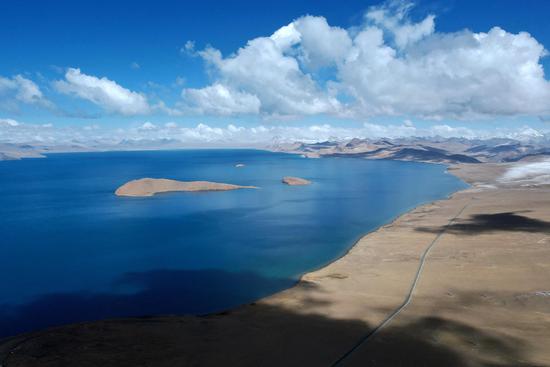
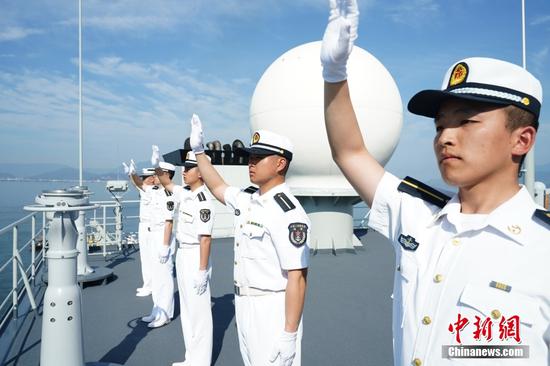





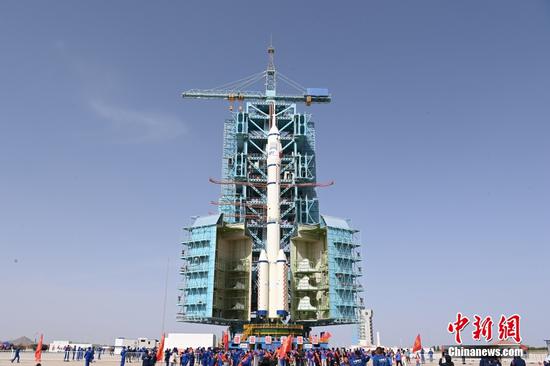
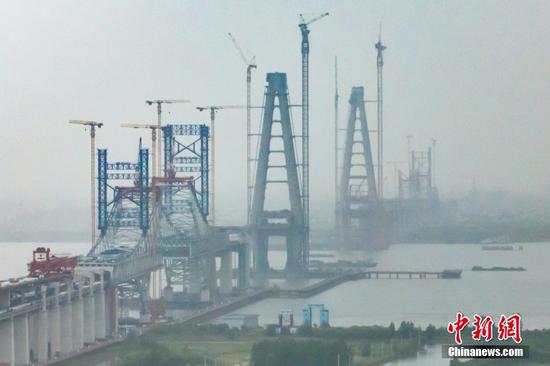
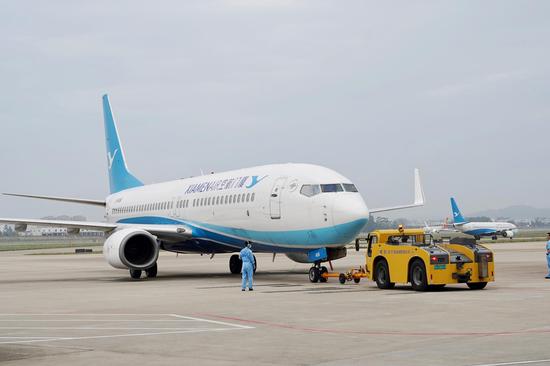
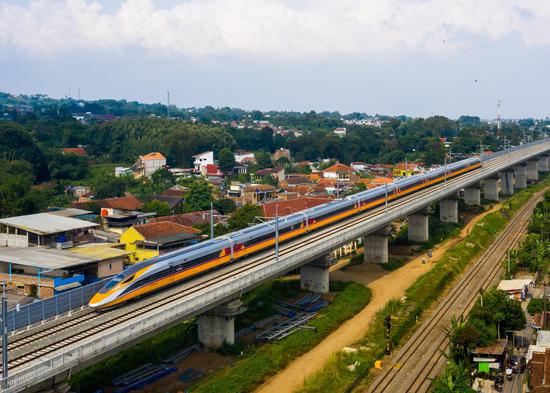
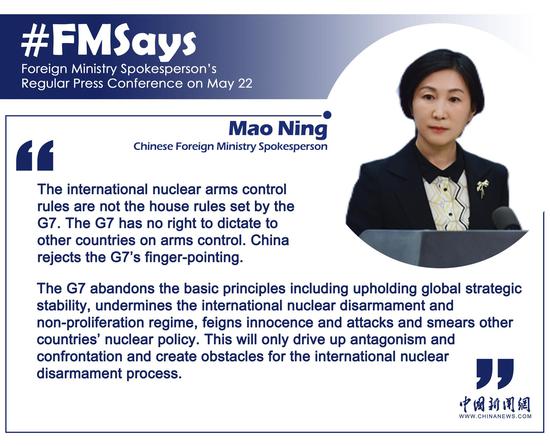

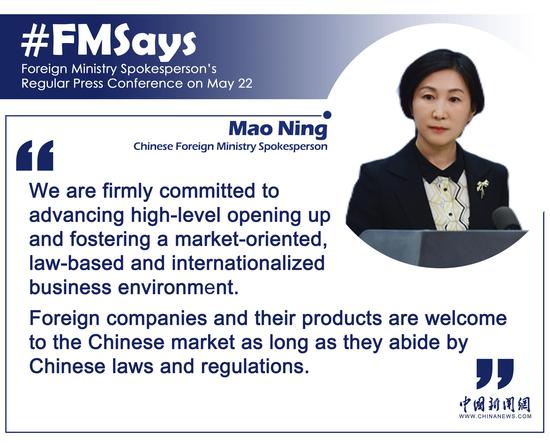
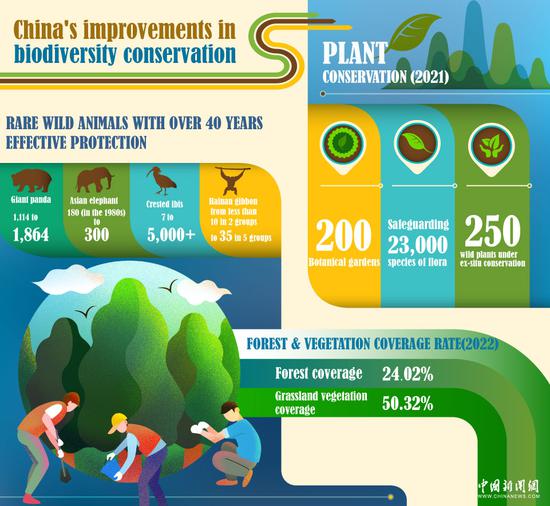
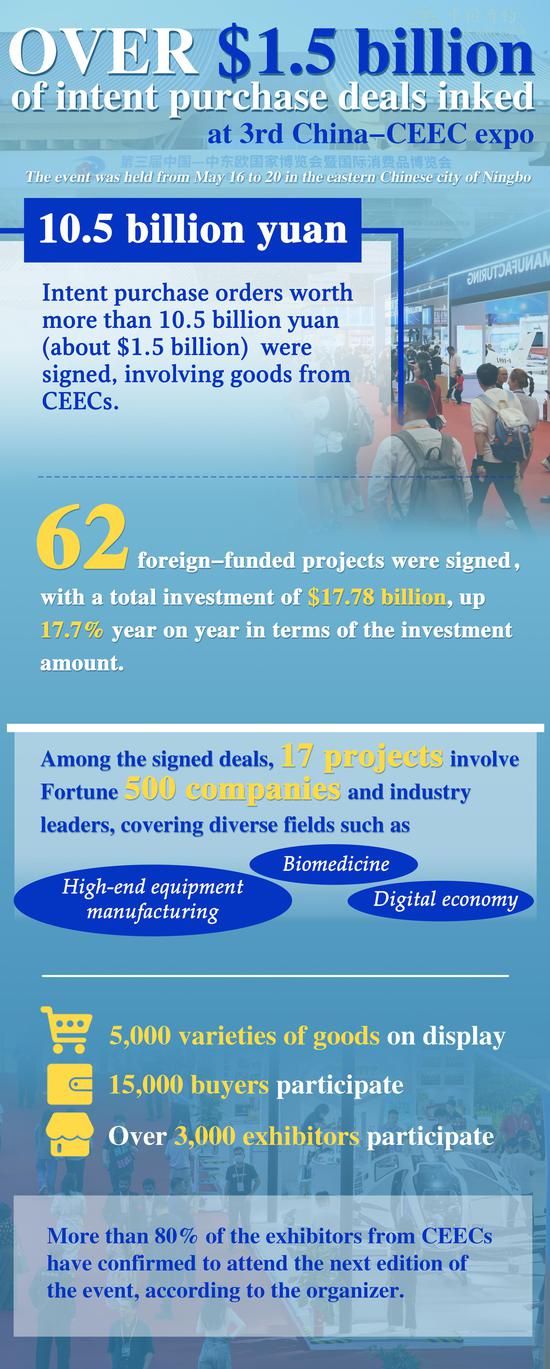


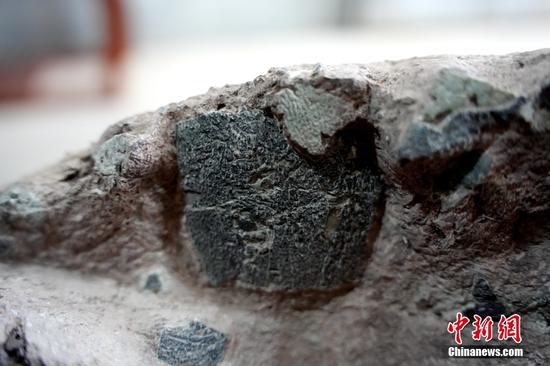
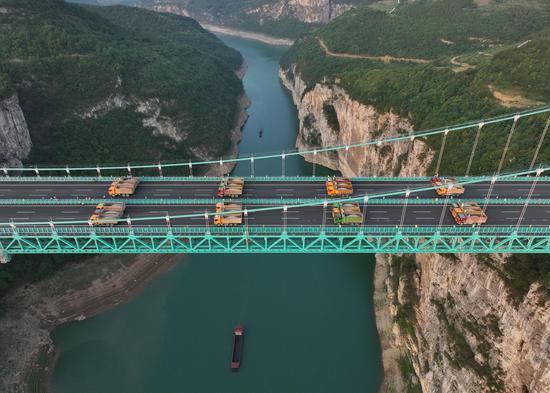
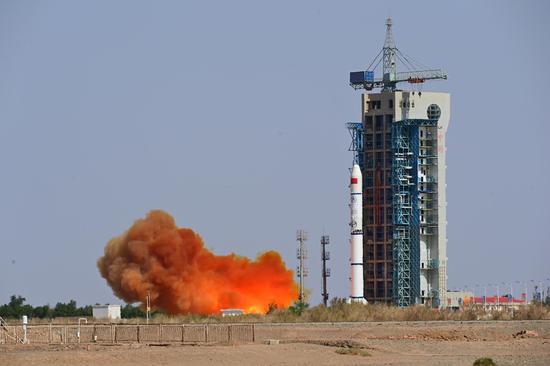


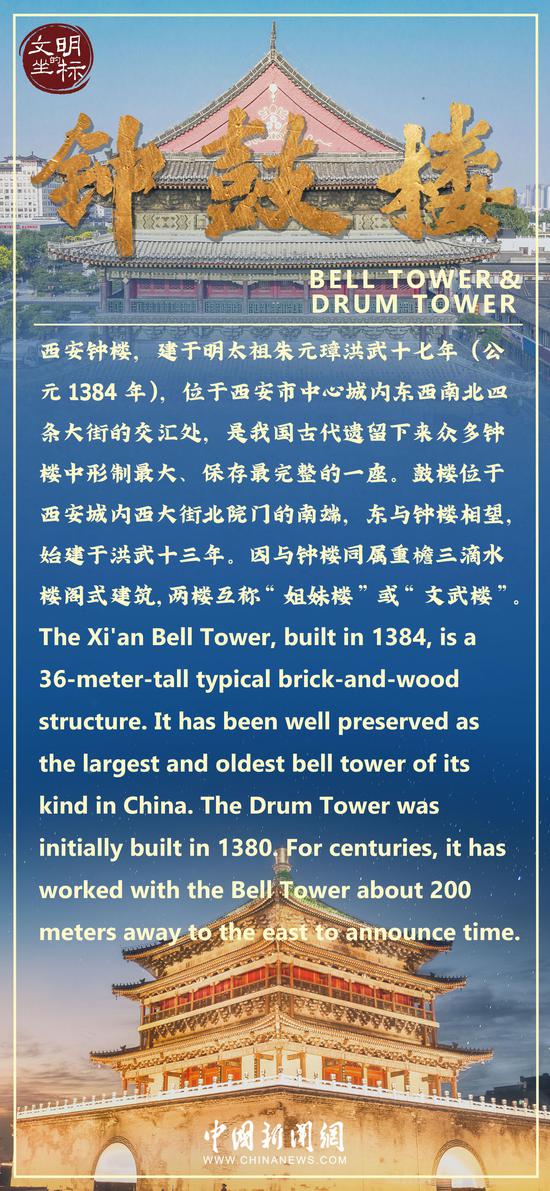




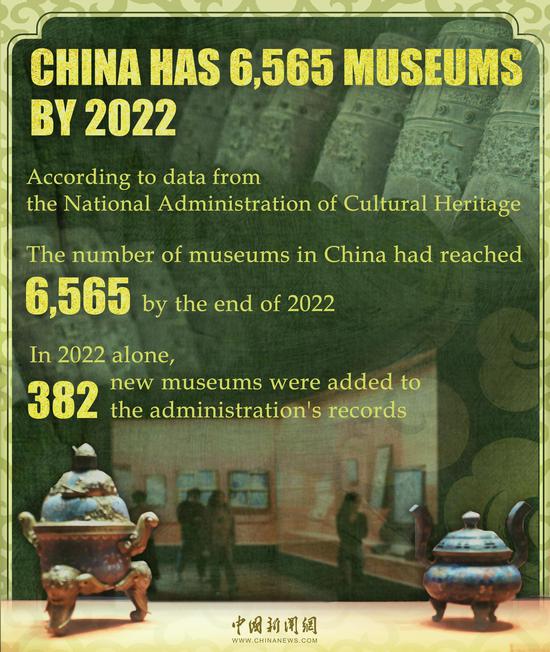


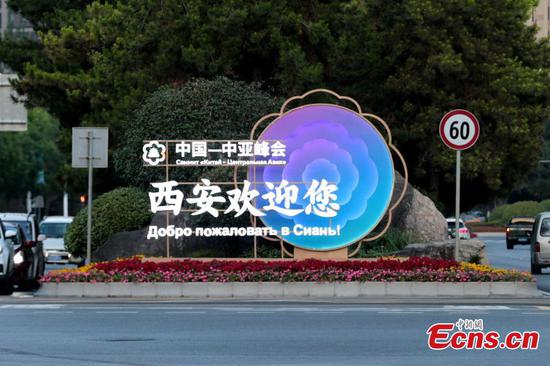
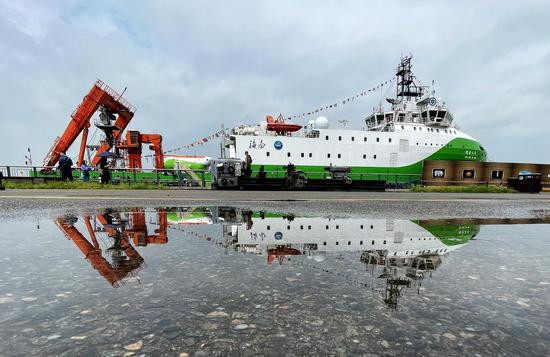



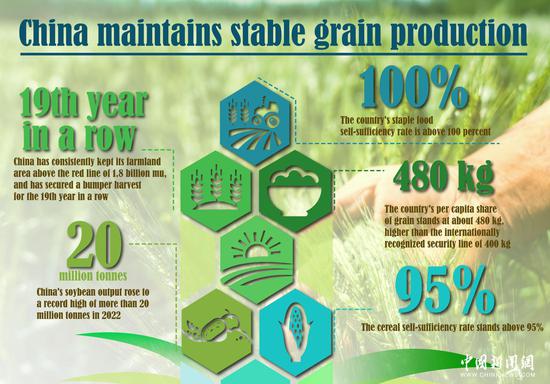





 京公网安备 11010202009201号
京公网安备 11010202009201号